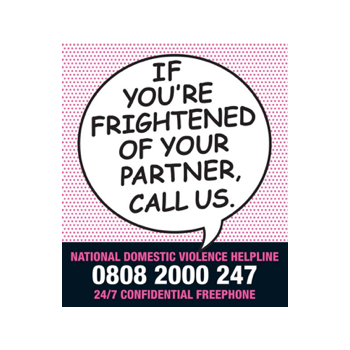
Safeguarding for parents and carers…
This game is designed to empower young people to have healthy, equal relationships. It does not contain any explicit content and is unlikely to be triggering for players.
Just in case, we have signposted to safeguarding advice and support services throughout the website, in case you or your students/child need to access this at any point.

Safeguarding Procedures
Young people playing this game will first encounter it in the context of a project with Tender. Our facilitators are highly trained in child protection, online safety and responding to disclosures.
Should a young person make a disclosure as a result of playing this game, Tender have robust safeguarding procedures in place to ensure that they are supported. These include:
Establishing safe ways of working and confidentiality agreements at the beginning of each session
Closing each session with discussion about support services
Providing each student with resources which signpost to relevant support services for their age and needs
Ensuring at least one staff member from the school/setting is present throughout each session
Immediately reporting any concerns or disclosures in sessions to the Designated Safeguarding Lead in your setting in person, or to the relevant local safeguarding authorities if the concern is severe, immediate or urgent. This is always followed up with a written disclosure form, sent via Tender’s own Child Protection and Safeguarding Lead, Susie McDonald .
Key Skills
If a child does disclose something concerning them after playing the game, the NSPCC recommend three key skills that help a child feel they are being listened to:
Show you care, help them open up: Give your full attention to the child or young person and keep your body language open and encouraging. Be compassionate, be understanding and reassure them their feelings are important. Phrases such as ‘you’ve shown such courage today’ help.
Take your time, slow down: Respect pauses and don’t interrupt the child – let them go at their own pace. Recognise and respond to their body language. And remember that it may take several conversations for them to share what’s happened.
Show you understand, reflect back: Make it clear you’re interested in what the child is telling you. Reflect back what they’ve said to check your understanding – and use their language to show it’s their experience
Most importantly, it’s important to reassure them that they’ve done the right thing in telling you.
Source: (Baker et al, 2019).

Support
There are many places you or your child can go to for support around relationships if you need it:








